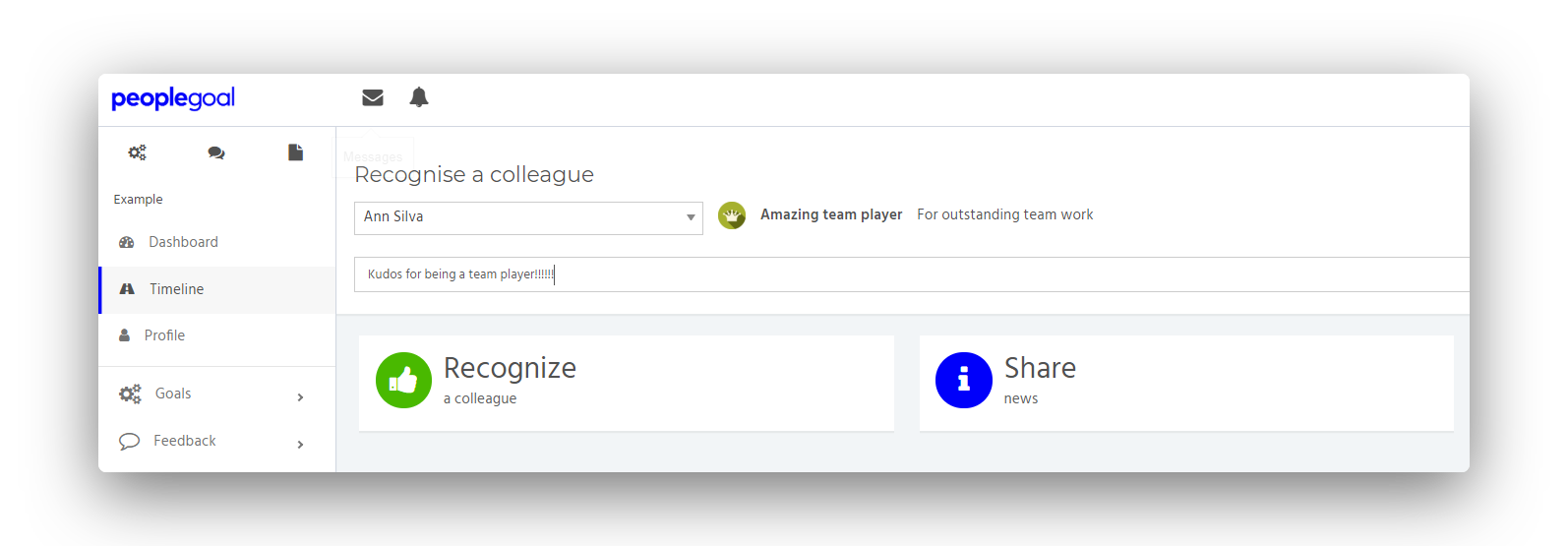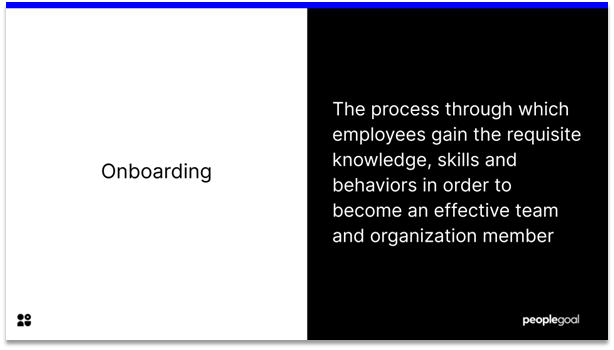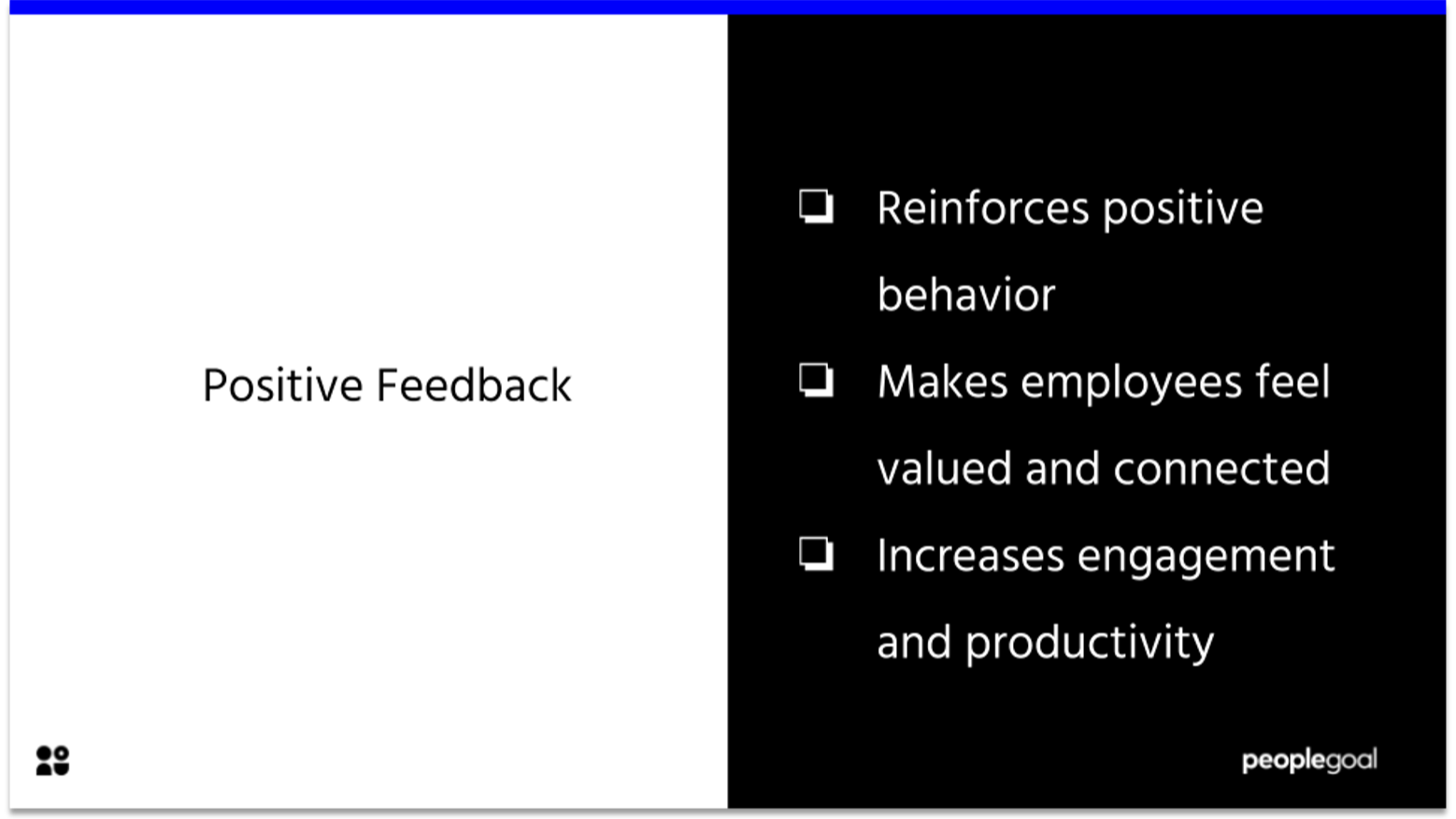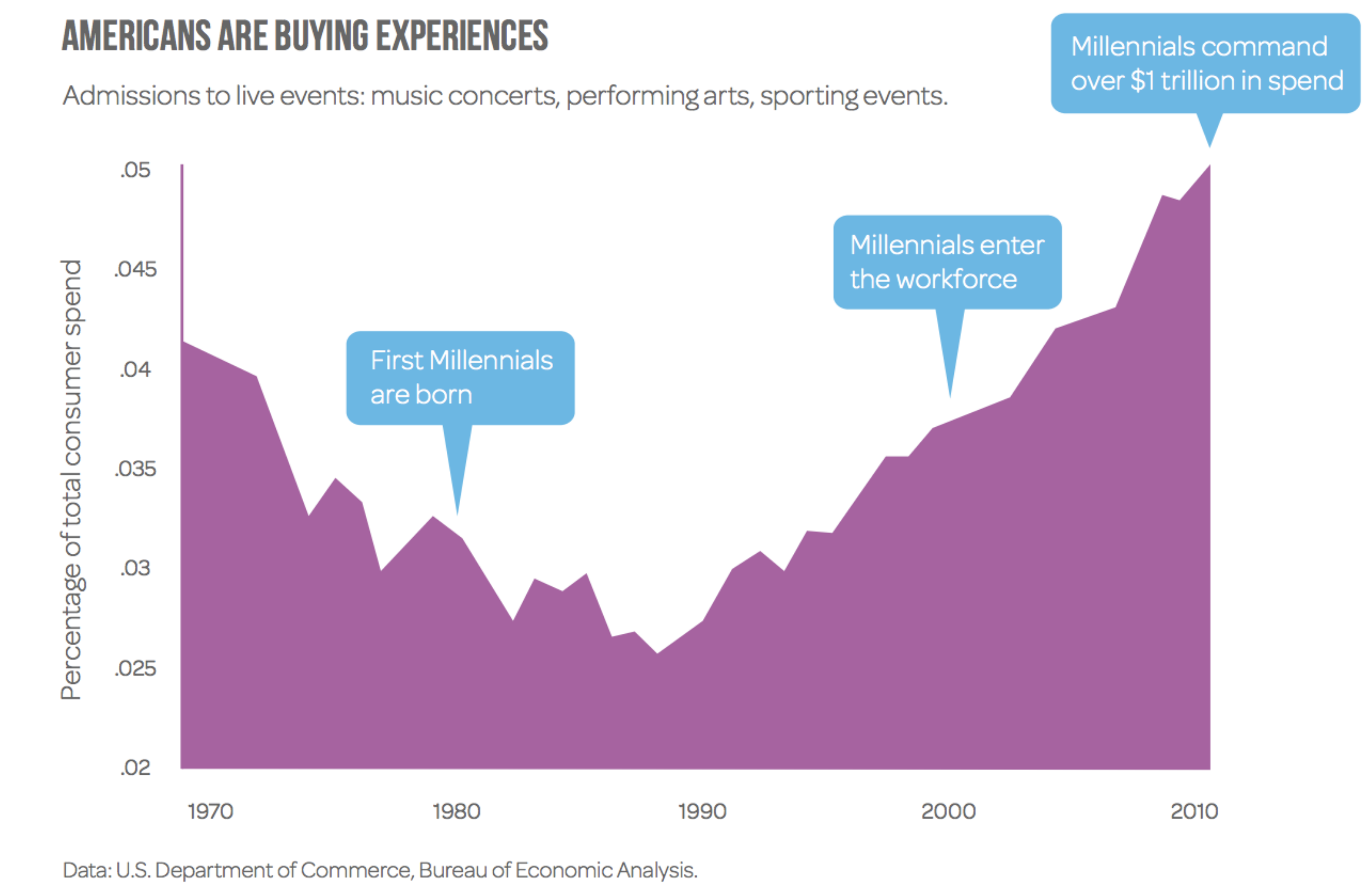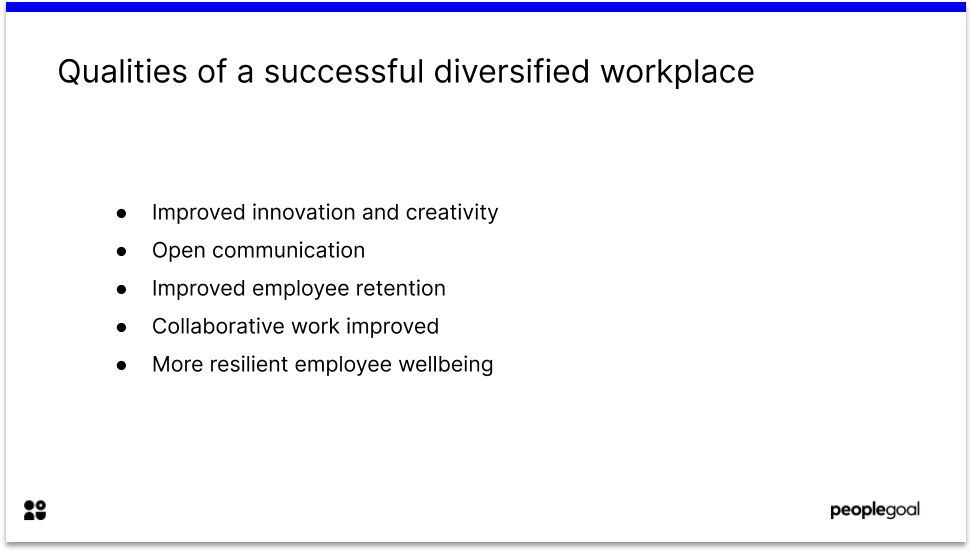Within any organization, there are going to be particular expectations around the behaviors and attitudes towards work. For some teams, there is more pressure to ensure a high level of output whilst for other teams, there may be a more relaxed work ethic. Recognizing and understanding the expectations upon employees is key to maintaining harmonious teams.
When there is a more laissez-faire approach to getting work done, individuals are not so much expected to work to deadlines but rather resolving problems as required. For bigger and more hierarchical organizations, there is more of a need for employees to stick to deadlines. Evidently, with more moving parts, it is more efficient and productive for all involved to share a common goal.
Promoting the work ethic definition across your team or organization is essential for success. Teams that share a mutual understanding and appreciation for a strong work ethic definition will generally produce a high-performance culture.
We can look to nature to find many examples of organisms that recognize and support a strong work ethic definition. A stand-out example would be the ant. Within any colony of ants, each and every individual insect works towards the onwards success of their associates. In sharing a common goal, the ants are often able to achieve feats that would be impossible if done alone. Consequently, they provide a wonderful demonstration of the impact that supporting a common work ethic can have. Whilst it may be argued that their behaviors are purely instinctual, they are still capable of demonstrating the power of unification and working towards shared goals.
In the same way as the ant, we must look to our team members to collaborate and strive for a common goal. Communication of the expectations around a strong work ethic definition will be reflected in the eventual fulfillment of these shared goals.
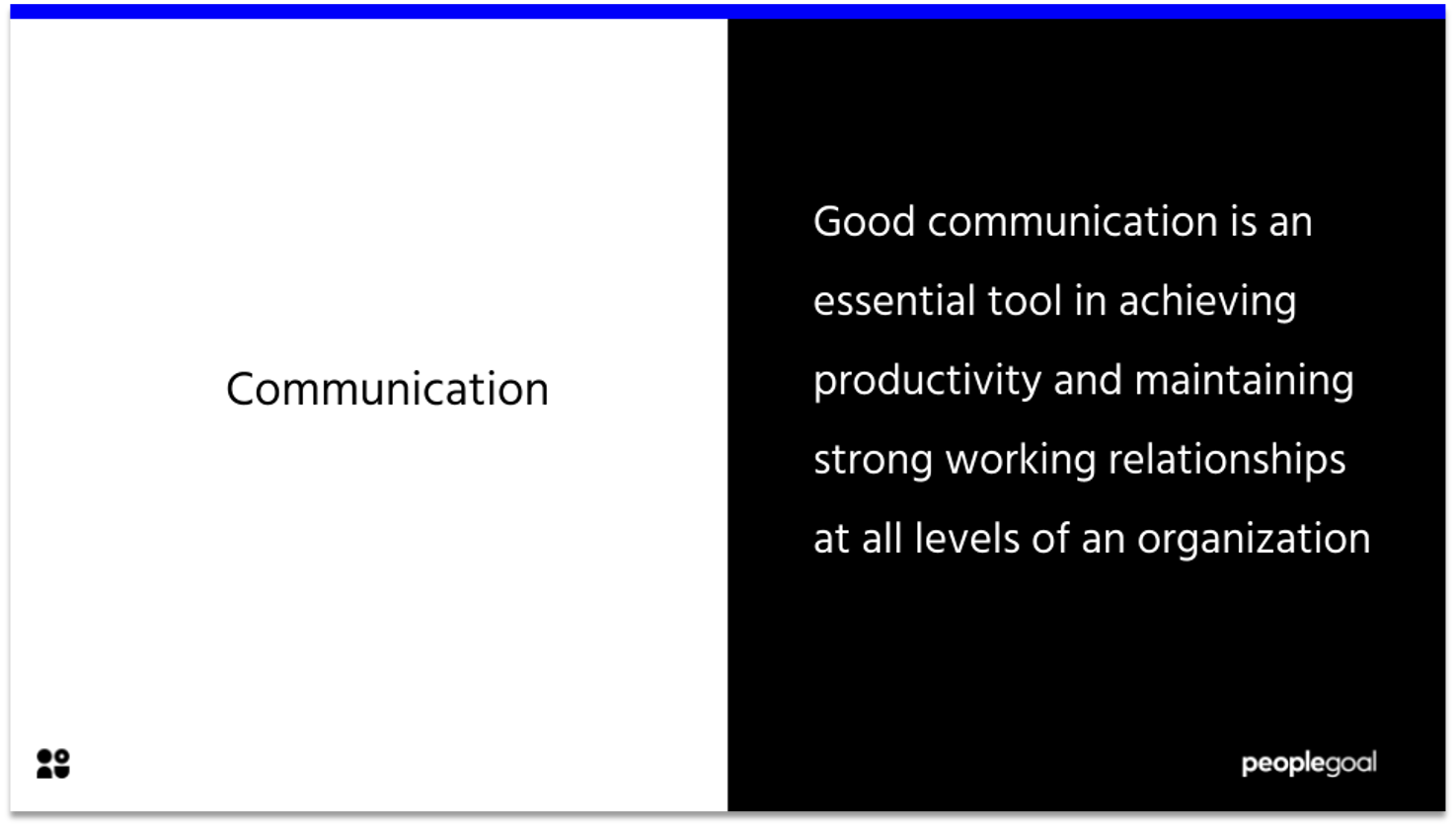
Cooperation and a shared appreciation for the purpose of work will drive higher levels of employee engagement and performance. In this article, we will break down the work ethic definition in order to better grasp the meaning of the term. Additionally, we will provide guidance for the implementation of a strong work ethic and how to show appreciation in recognition of these efforts.
There are many different ideas around the notion of promoting a good work ethic. For many, the belief is that a good work ethic is set from the top down. In this way, managers and leaders have their own work ethic definition which they want to pass on to their team and company but it’s not always easy. Employees with a strong work ethic and a passion for problem solving can be far more influential amongst their team members compared to leaders.
How can you deal with individuals who don’t seem to share the same level of work ethic as other employees? Or, if your organization is small but growing, how do you bring new members up to speed on how they should be performing?
The key is to develop a culture of strong work ethic across the organization. But before we get into ways to create this kind of culture, we need to clarify what work ethic actually is and how to identify it.
Work Ethic Definition
The definition of work ethic is;
The belief that work has a moral benefit and an inherent ability to strengthen character.
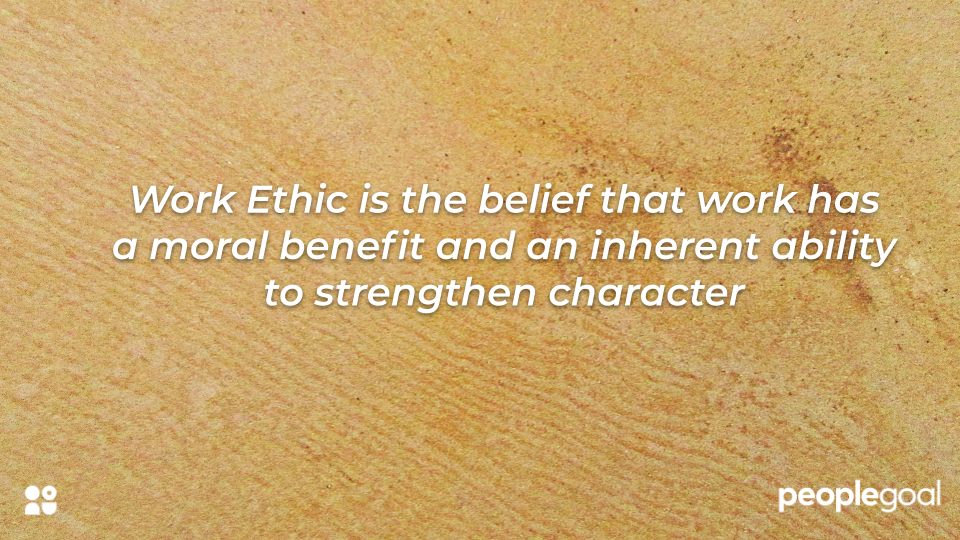
With that in mind, work ethic isn’t as much a characteristic of a person as it a belief system – specifically that hard work, perseverance and diligence are morally beneficial and inherently strengthen our character. It is a set of moral principles that we apply to our lives and jobs. The manifestation of following these principles is shown through a desire to seek out and find deep satisfaction or enjoyment from doing hard work. This leads to a cycle where the fulfilment obtained from completing high quality work motivates us to consistently do our work in this manner.
Someone with poor work ethic will likely look for the easiest way out or provide the least amount of effort required, while a strong work ethic will move someone to go above and beyond to complete tasks to the fullest.

While there are many factors, both individually and inherent in our work environment that weigh in to how motivated we are at work, there are things we can control via organizational culture that encourage everyone to display strong work ethic:
1. Start at the top
Like many aspects of company culture, this type of mentality should start with leadership and management. Leading by example is the most direct – and critical – part of influencing culture. In this regard, it might be hard to compare the work of a CEO to an entry level employee, but demonstrating a commitment to the task at hand, the team and the over success of the organization shows the kind of work ethic we would like to be emulated. Practicing what you preach is the first step to encouraging others to follow.
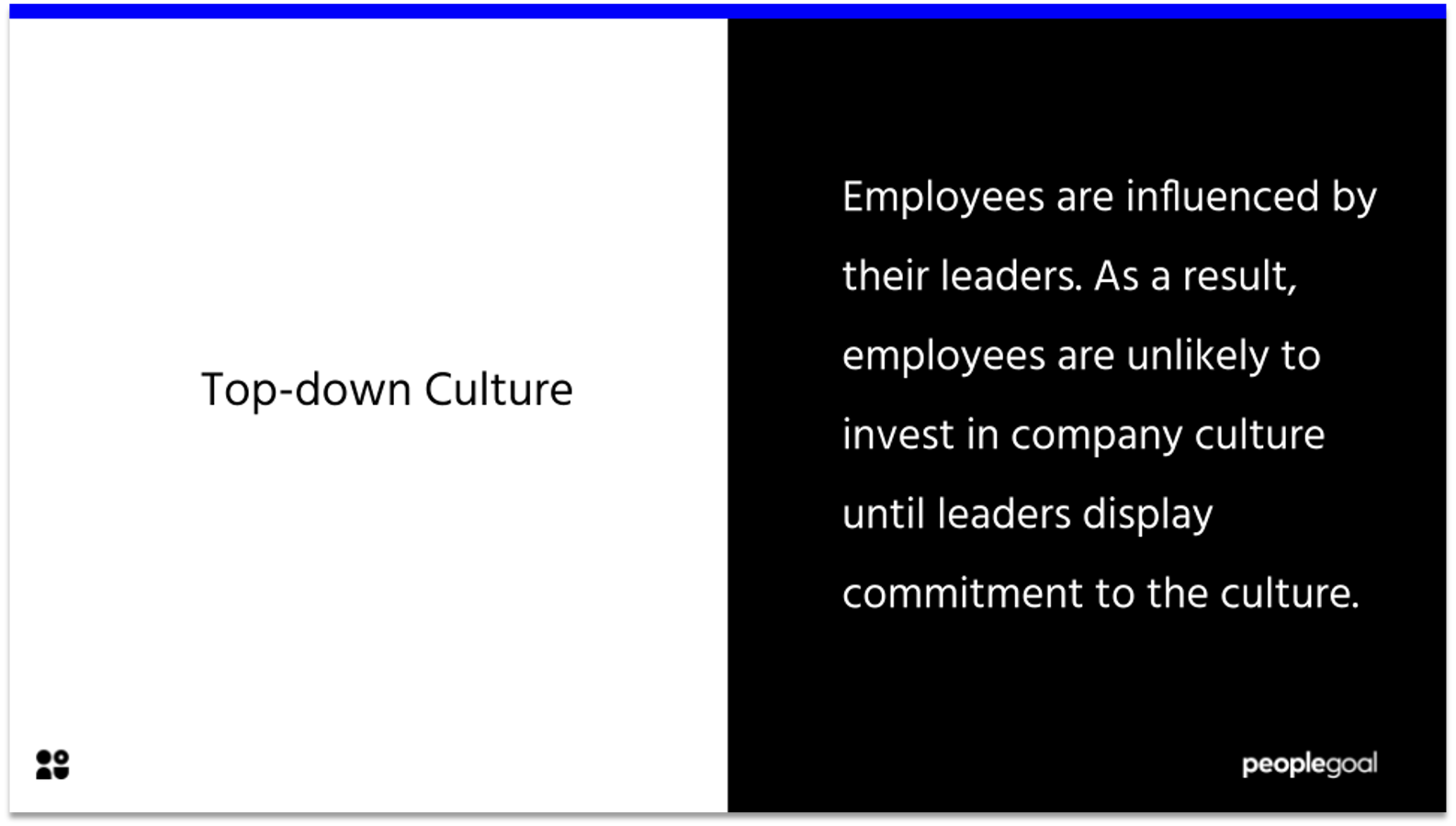
2. Set expectations
You can’t be upset when you get minimum effort if you define what kind of effort is required. Expectations that are achievable, agreed upon and don’t change are the bare minimum we can provide as leaders or managers. Once we’ve set the expectations, we can encourage going above and beyond by incentivizing extra effort. In this regard, don’t do the bare minimum either! While financial rewards might be the first thing that comes to mind, there are many other ways motivate people that work just as well.
3. Praise effort when it’s due
Even though we are talking about intrinsic motivators for hard work, it’s still important to show appreciation when we put forth great effort towards goals. Sometimes even our best effort does not result in the outcome we desired, but it’s still worth calling out the individual efforts that are vital in moving closer towards it.
Incorporate gamification, if we don’t find motivation to complete the tasks assigned, gamification can be used to provide motivation, cues to what should be done and a sense of control. Even if we do have team members who have a strong work ethic, gamified tasks can give them a sense of completion that might not be present naturally in long or more complex work. Using gamification also requires the definition of discrete tasks, achievements or milestones which makes it a great use case to develop a structure for setting goals – another motivational tool.
4. Encourage creativity
Although there are some tasks that require strict procedures, many times we can be flexible with the “how” when assigning work. Offering this kind of flexibility can enable employees to find their own rhythm and working patterns that work best for them.

5. Build roles on strengths
At some point we’ll all have to do work that isn’t our first choice, but when we have roles that are designed around our strengths and interests, it can be easier to push ourselves through mundane tasks. The next time there is an ad-hoc project or opportunity for creative input, why not insource the talent instead of looking outside? Using HR tools that help highlight skills, strengths and interests and foster communication can make the process easy.
Although you might not be able to teach work ethic individually, creating an environment that encourages, supports and incentivizes hard work is certainly a step in the right direction.
Recognizing Good Work Ethic
When an individual demonstrates that they in fact have a tremendous work ethic, it is a sign of a few things. Firstly, the person has a terrific drive. They are able to commit to producing quality work for significant periods of time. A strong work ethic is also reflective of a positive work environment. If an individual demonstrates that they are passionate about problem solving and working through other challenges that face the company, they clearly have a belief that their work is going towards a meaningful cause. A driven worker is well-engaged with the organizational culture.
Managers and leaders must reciprocate these employees with a strong work ethic. Through celebrating this behavior, other employees will better understand managements desired level of work.
Do not take work ethic for granted. It is essential to communicate what work ethics means to you accross your organization and set clear expectations to your employees. Especially for those companies that promote remote work or experiment with new approaches such as 4 day work weeks, there need to be clear rules of what you want from your employees.
Ready to 3x Your Teams' Performance?
Use the best performance management software to align goals, track progress, and boost employee engagement.


